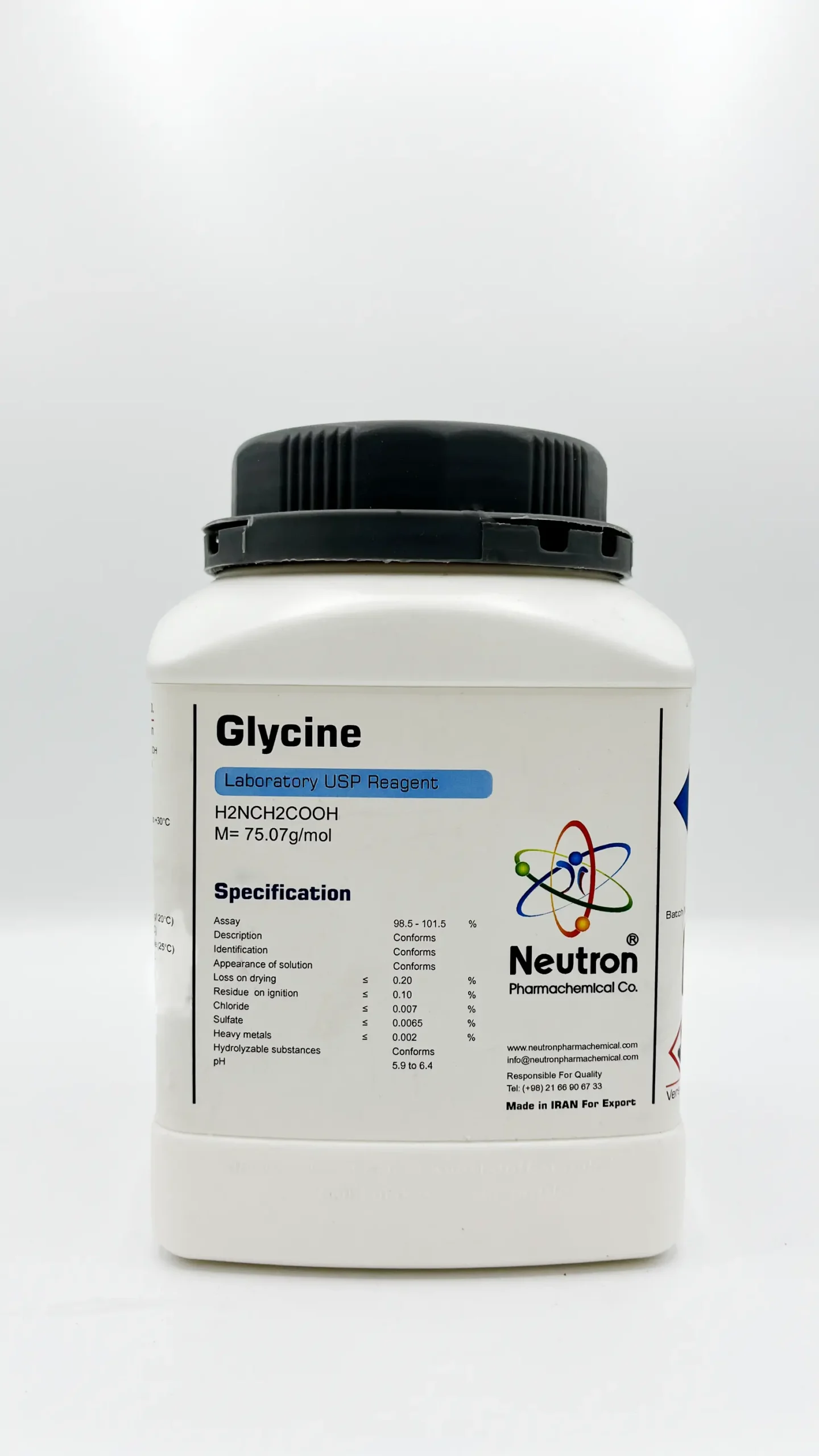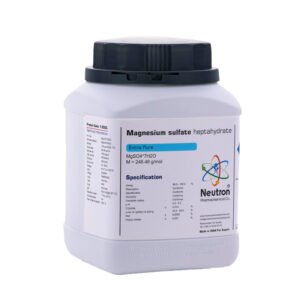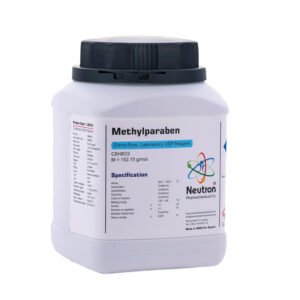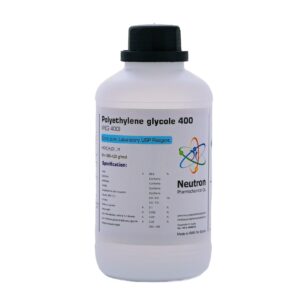گلایسین
| Chemical formula | H2NCH2COOH |
| Density | 1.595 g/cm3 |
| Molar mass | 75.07g/mol |
| HS Code | 29224910 |
| CAS number | 56-40-6 |
| Storage | Store at +5 to +30°C |
| EC number | 200-272-2 |
| SDS | available |
| RTECS | MB7600000 |
| Odour | oduorless |
| Form | solid |
| Color | white |
| p H value | 5.9 – 6.4 (50 g/l 20°C) |
| Solubility in water | 225 g/l (20°C) |
| Solubility in ethanol | slightly soluble (25°C) |
| Melting point | 232 to 236 °C |
| Assay | 98.5 – 101.5 | % | |
| Description | Conforms | ||
| Identification | Conforms | ||
| Appearance of solution | Conforms | ||
| Loss on drying | ≤ | 0.20 | % |
| Residue on ignition | ≤ | 0/1 | % |
| Chloride | ≤ | 0/007 | % |
| Sulfate | ≤ | 0/0065 | % |
| Heavy metals | ≤ | 0/002 | % |
| Hydrolyzable substances | Conforms | ||
| pH | 5.9 to 6.4 |
Glycine is the simplest amino acid, with the chemical formula NH₂CH₂COOH. It appears as a white crystalline solid that is sweet-tasting and soluble in water.
🏭⚗️ Production
Glycine is commercially produced by chemical synthesis methods, including the Strecker synthesis and from chloroacetic acid via ammonia substitution.
🔬 Properties
• White crystalline powder with a melting point around 233 °C (decomposes).
• Amphoteric in nature, meaning it can act as both an acid and a base.
• Highly soluble in water and forms zwitterions in neutral solutions.
🧪 Applications
• Pharmaceuticals & Nutrition: Used as a dietary supplement and in intravenous feeding formulations.
• Food Industry: Serves as a sweetener and flavor enhancer.
• Industrial: Used in the manufacture of herbicides, plastics, and cosmetics.
• Biochemical Research: Acts as a buffering agent in biochemical and molecular biology experiments.





